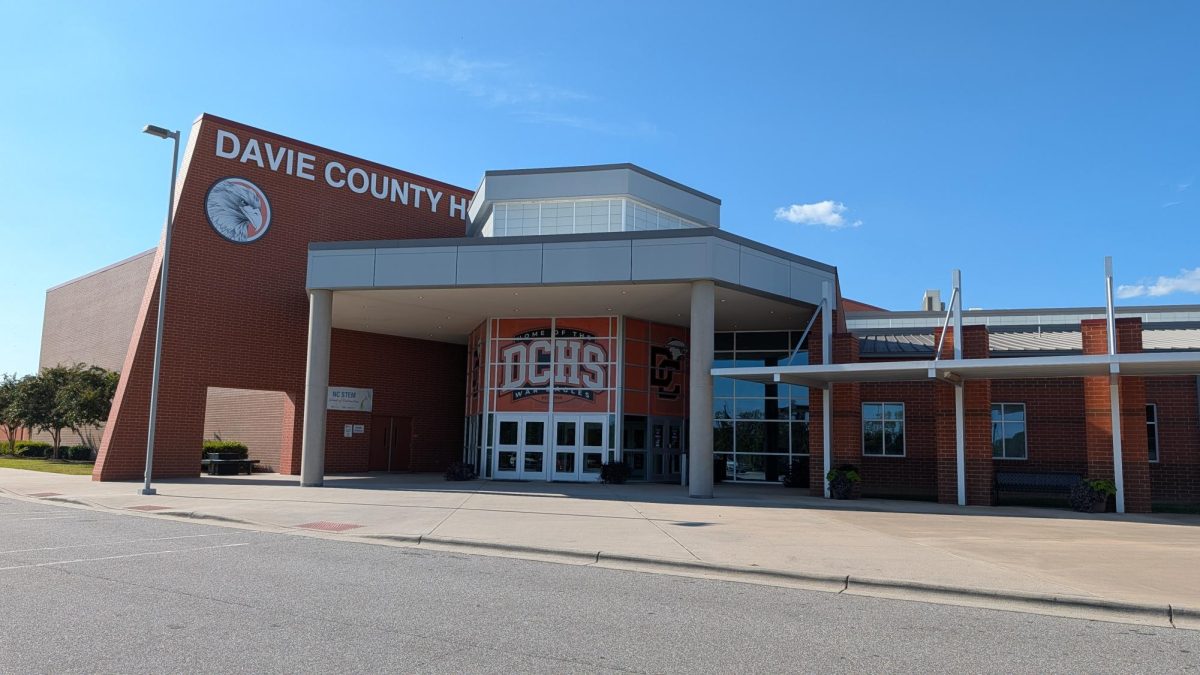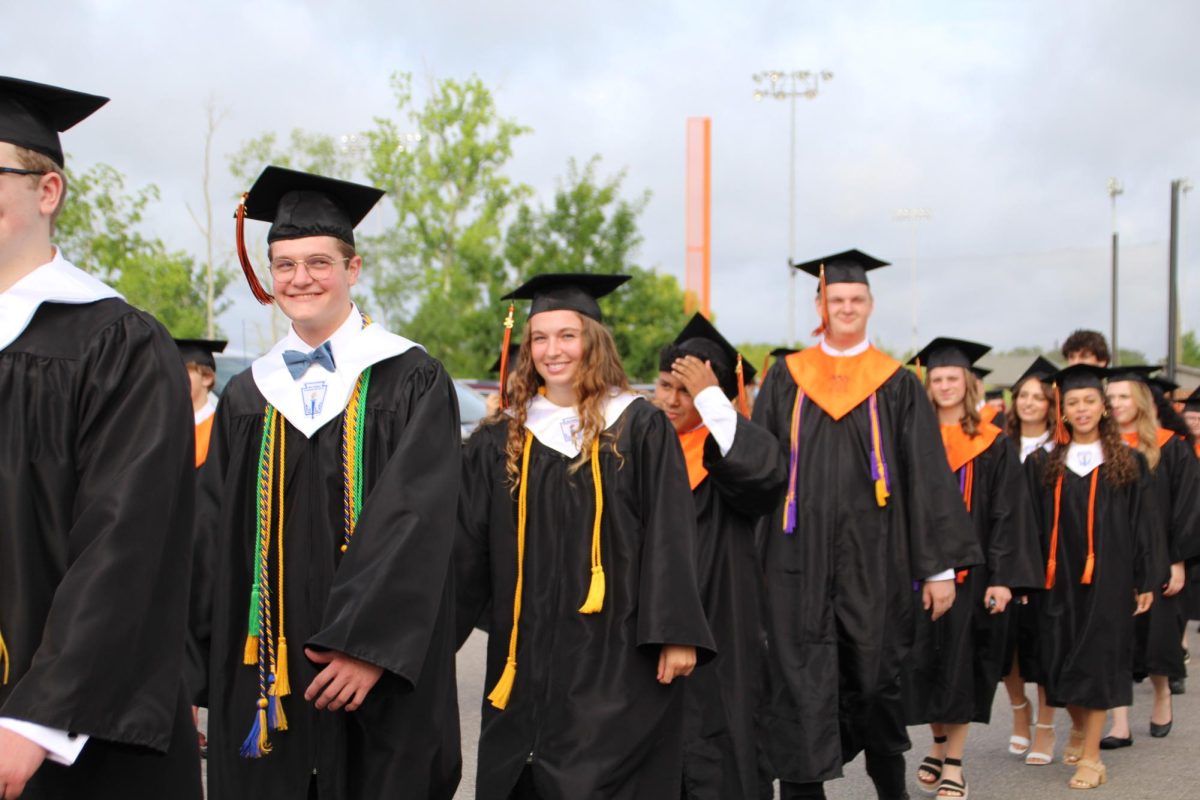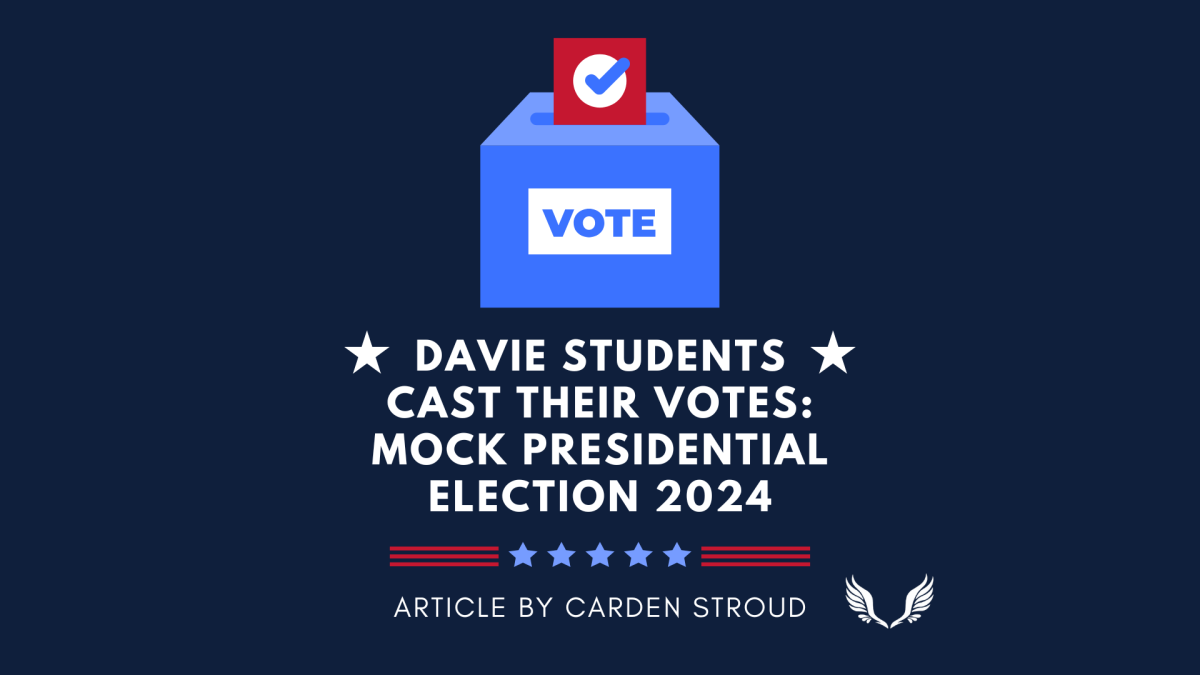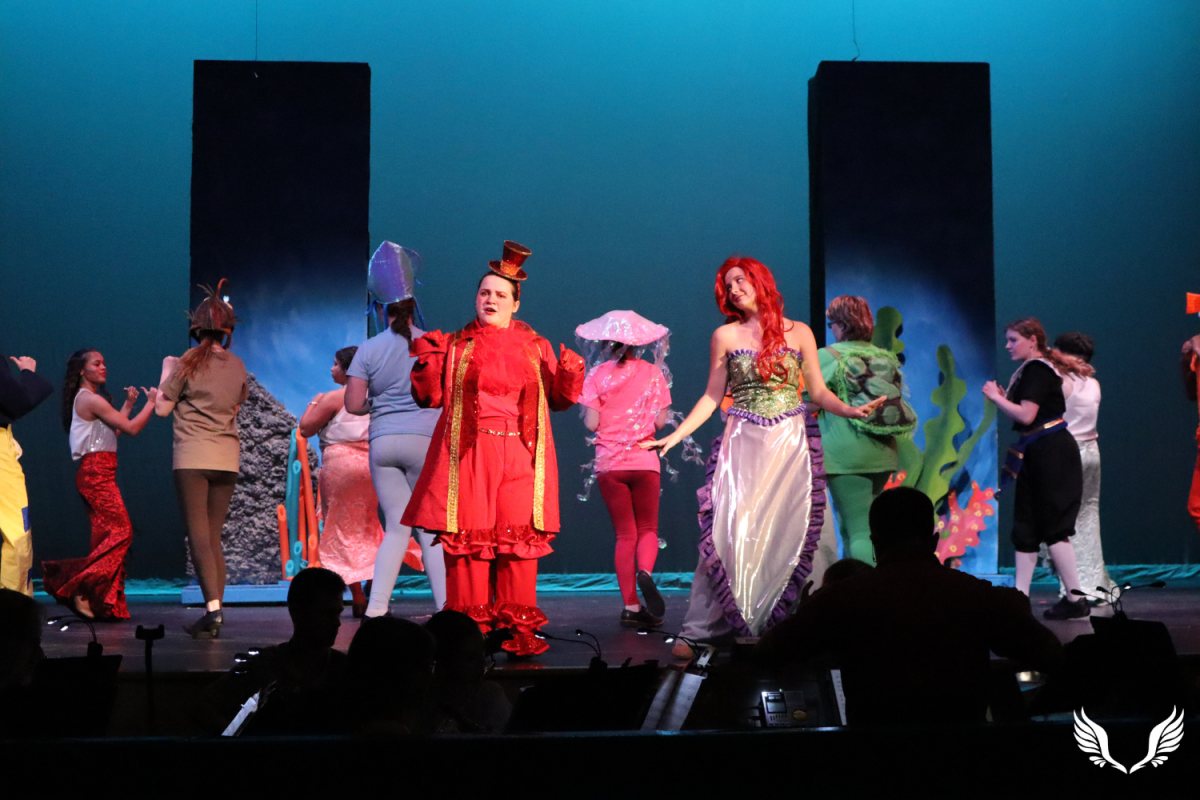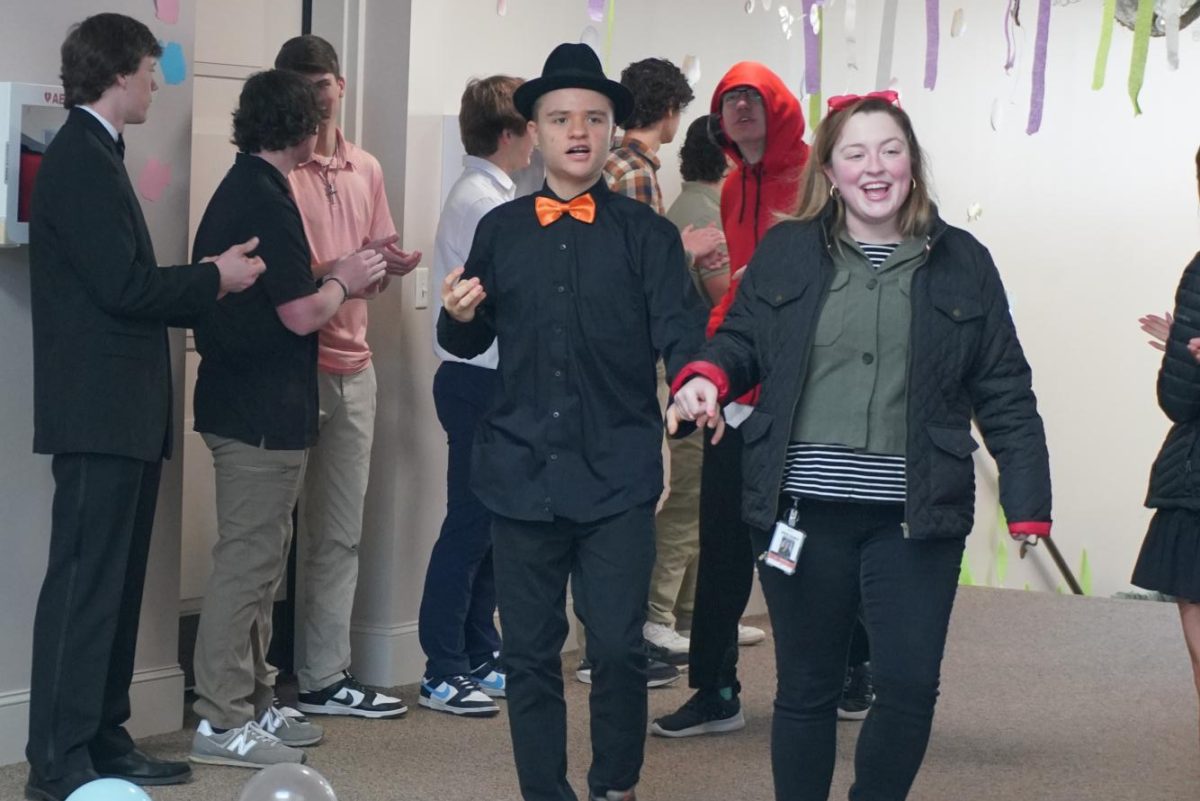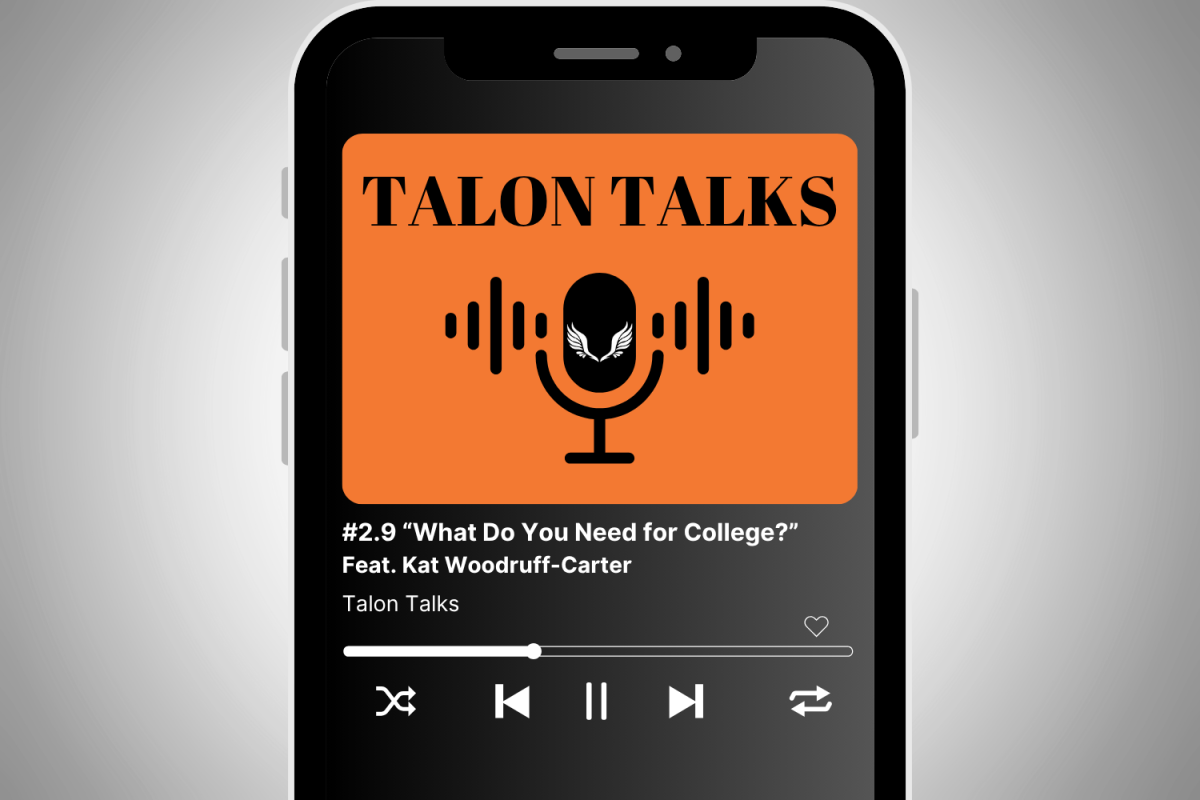What defines a successful student?
Is it their need to do well? Their goals beyond high school? Their work ethic? The truth is that academic success looks different for each student. Teachers and administrators alike have been trying to understand what factors make a student successful and what can be changed in schools to allow for greater academic success for decades.
A successful student is defined not by their natural academic ability, but by the motivation behind their actions. Any child has the potential to be a successful student. Students will naturally follow by example, so the environment in which they learn has an enormous impact on their overall drive and performance. In order to create an environment that fosters academic success, public schools must understand the impact of each factor in their students’ experience and break down whether it is beneficial or detrimental to academic success.
Perhaps the most influential factor in a student’s academic success is their friend group. A study published in the Natural Library of Medicine shows that high achieving students will tend to surround themselves with other high achievers and the same goes for low achieving students. Students will often change their friend group as they experience changes in academic achievement. While this dynamic allows for the already successful students to continue to do well, the low achieving students will be stuck in a cycle in which they are seeking approval and acceptance by their peers in harmful ways that do not involve doing well in school. The phrase “falling into the wrong crowd’” holds enormous truth here because the friends that students surround themselves with will almost certainly impact their desire to do well academically.
How can we fix this? This is a difficult question in that there is no single answer for all students. Each student’s learning abilities and responsiveness to outside influences are different. The best thing public schools can do is focus their efforts on instructing teachers on how to best create an environment that rewards students for their academic accomplishments.
Arguably one of the most impactful aspects of a child’s education is their instructor. A good teacher has the ability to completely transform a student’s motivation and love for learning. People tend to go where they are consistently praised and feel the most valued. A child that feels insecure in their academic abilities will gravitate toward less successful students that make them feel more comfortable. If teachers will focus their efforts on serving as a constant source of encouragement for their students, especially those that are unsure of themselves, the results could be tremendous. According to a survey conducted by the American Psychological Association, feeling valued at work and overall performance were directly correlated. It is no different for students. If instructors utilize the act of positive reinforcement, there is no doubt that it would benefit at-risk students enormously.
Lastly, a sense of belonging is vital for a student to succeed academically. While the classroom can provide this in some cases, it is often difficult to achieve this while simultaneously catering to each student’s learning needs. Extracurricular activities are necessary for a student to be well-rounded in their academic pursuits. Not only do clubs and organizations allow students to tap into their passions outside of school work, but they provide a sense of community as well. A research paper, written by Claudette Christison, outlines all of the positive effects of student involvement in extracurricular activities. These students demonstrate higher academic achievement, more developed social skills, and a greater sense of the importance of community involvement.
Administrators can best help people to get involved in these activities by allowing students to take initiative and constantly contribute to the variety of clubs and activities available at their school. Serving as an encouragement to students in their pursuits is so important to a school’s overall academic success because not only are at-risk students getting more opportunities to participate in beneficial extracurriculars, but those students initiating the organizations are being benefited as well. They are given the opportunity to participate in leadership roles and they learn to pursue their passions when they are encouraged to do so.
Navigating how to best enable students to be successful is no easy task and each child is different, but if public schools can focus their efforts on fostering an environment of academic excellence and growth by constantly encouraging students, giving positive feedback, and providing them with extracurricular opportunities, these schools will see a considerable impact on student achievement.






